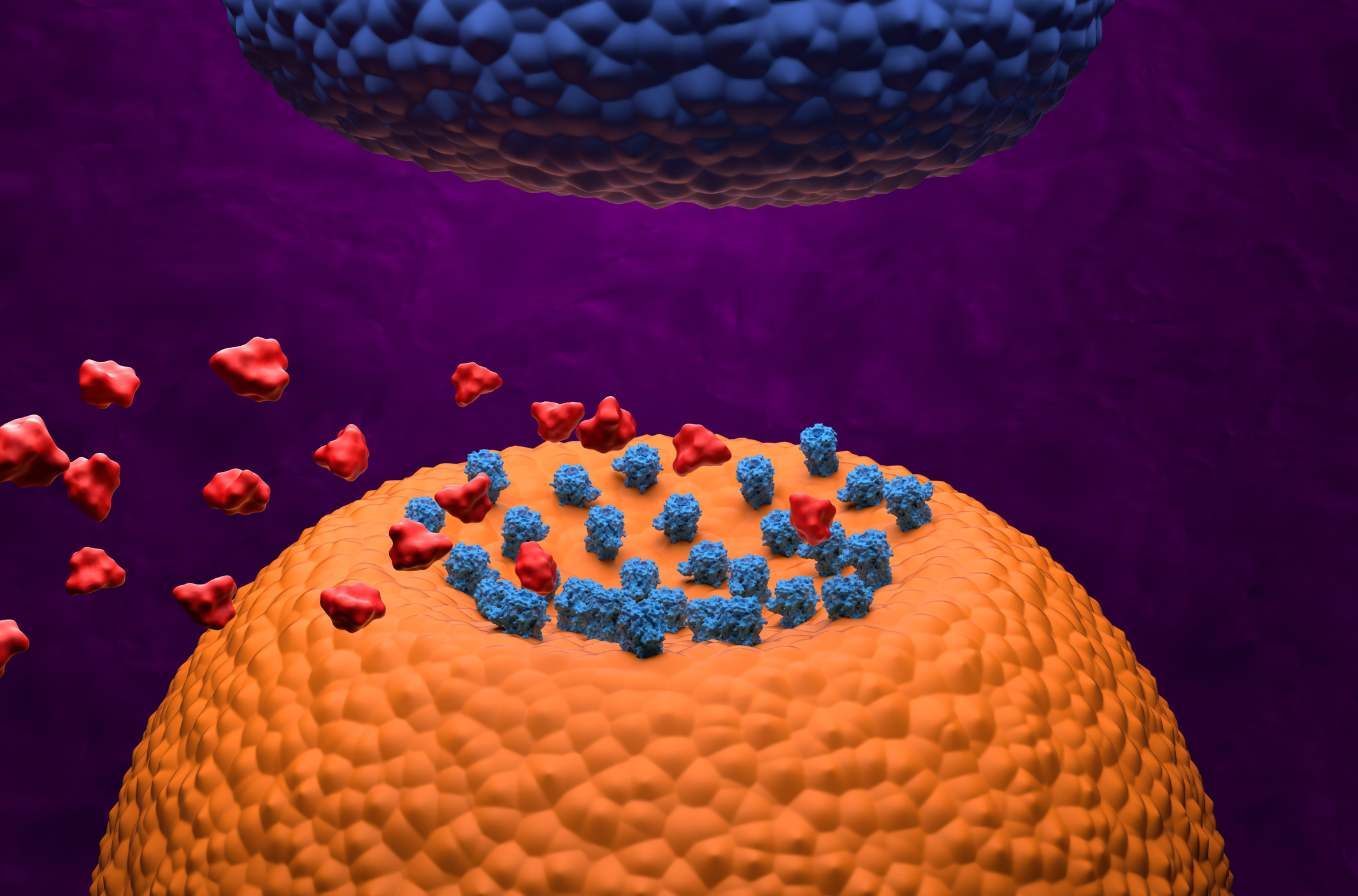10 Essential Facts About Opioids: What They Are & How They Affect You
In a world grappling with chronic pain, opioids emerge as a double-edged sword: a powerful balm capable of profound relief, yet fraught with significant risks. Derived from the ancient poppy plant or crafted in a lab, these potent substances interact with your brain's pain receptors, fundamentally altering how you perceive discomfort. While a short course of medication like morphine can offer crucial respite from severe pain, their seductive power quickly escalates the danger of dependence and addiction. Understanding opioids isn't just about their pain-killing prowess; it's about grasping their intricate nature and profound impact. Delve into 10 essential facts to truly comprehend what opioids are, how they work, and why their influence extends far beyond mere pain relief.
1. How Do Opioids Work?

Once an opioid molecule is present in the bloodstream, it travels to the brain, where it attaches itself to specific receptors. These receptors are also found in the spinal cord and other areas of the body. It is then able to mimic neurotransmitters based on its structure, activating certain cells. Think of an opioid and its targeted receptor as a lock and key, as it initiates a chemical response in the brain's reward center. Working differently than a natural neurotransmitter, opioids do not activate nerve cells in the same manner. As opioids take effect, the reward center is flooded with dopamine, supporting movement, emotion, cognition, motivation, and pleasure. It is the stimulation of this circuit that places individuals at-risk for drug abuse and a potential dependence. Based on its rewarding properties, individuals must follow all instructions carefully and continually review their dosage with a physician. Next, discover what opioids exactly do to the human body.
2. How Are Opioids Used?

Commonly prescribed for pain, opioids can be used in a wide range of clinical settings. After a patient is out of surgery, for instance, opioids may be given to help control pain levels. The same is true for those who have experienced a significant injury, are enduring cancer-related pain, or require relief from a chronic, degenerative disorder. The human body actually produces its own opiate-like substances, such as endorphins. Unfortunately, our body’s natural defense system is not effective against immense levels of pain. Considering pain is the body’s way of letting a person know that something is abnormal, powerful opioids are generally used to combat pain levels. Keep reading to learn about the short-term effects of opioids.
